Gender and Women's Health Unit
-
Unit Head

A/Prof Meghan Bohren
Research Overview
We aim to advance the health and well-being of women and people from gender diverse and culturally and racially marginalised communities in Australia and internationally, to reduce inequity and create positive change. Through research, teaching, community and public engagement, our work contributes to a robust knowledge base about the health effects of social inequity and its intersection with gender, economic and cultural factors.
We are a World Health Organization Collaborating Centre in Women’s Health and work in partnership with communities, scholars, organisations and agencies in Australia, the Asia-Pacific region and globally to strengthen regional research capacity.
We are an interdisciplinary team with expertise in public health, implementation science, health services research, social psychology, epidemiology, sociology, evaluation, applied ethics, social work, public policy, activism and advocacy.
We are an interdisciplinary team with expertise in public health, implementation science, health services research, social psychology, epidemiology, sociology, evaluation, applied ethics, social work, public policy, activism and advocacy.
We teach and supervise graduate research students across a range of areas related to social and gender equity, women’s health, migration, preventing and researching violence against women, and in using a range of research methods including community engagement, participatory research, and evidence synthesis. We teach undergraduate breadth subjects, Master of Public Health subjects, short courses and intensives, and supervise Masters and PhD research projects.
Our current research broadly focuses on understanding and addressing health and social inequities, particularly gender inequity, promoting social inclusion and eliminating racism, homophobia and transphobia. Our current projects address:
- Gender-based and family violence
- Maternal, sexual and reproductive health and rights
- Migrant health and well-being
- Women’s health
- Child health and child protection
- Global health
- Discrimination in sports settings
- Disability
- Oral health and nutrition
We use qualitative, quantitative, participatory, mixed methods, arts-based methods, visual methods, and evidence synthesis in our work. We have strong credentials in community engagement, co-design and co-productive methods, and in contributing to the translation of research into changes in policy and practice.
We work in partnership with community organisations, all tiers of government in Australia, UNFPA, WHO, and research teams across Australia and more than 20 countries globally. We strive to create and sustain partnerships based on participatory approaches, ensuring mutual respect, open communication, and shared decision-making to address needs and foster sustainable, community-driven health and social solutions.
Staff
- Sarah Bergman
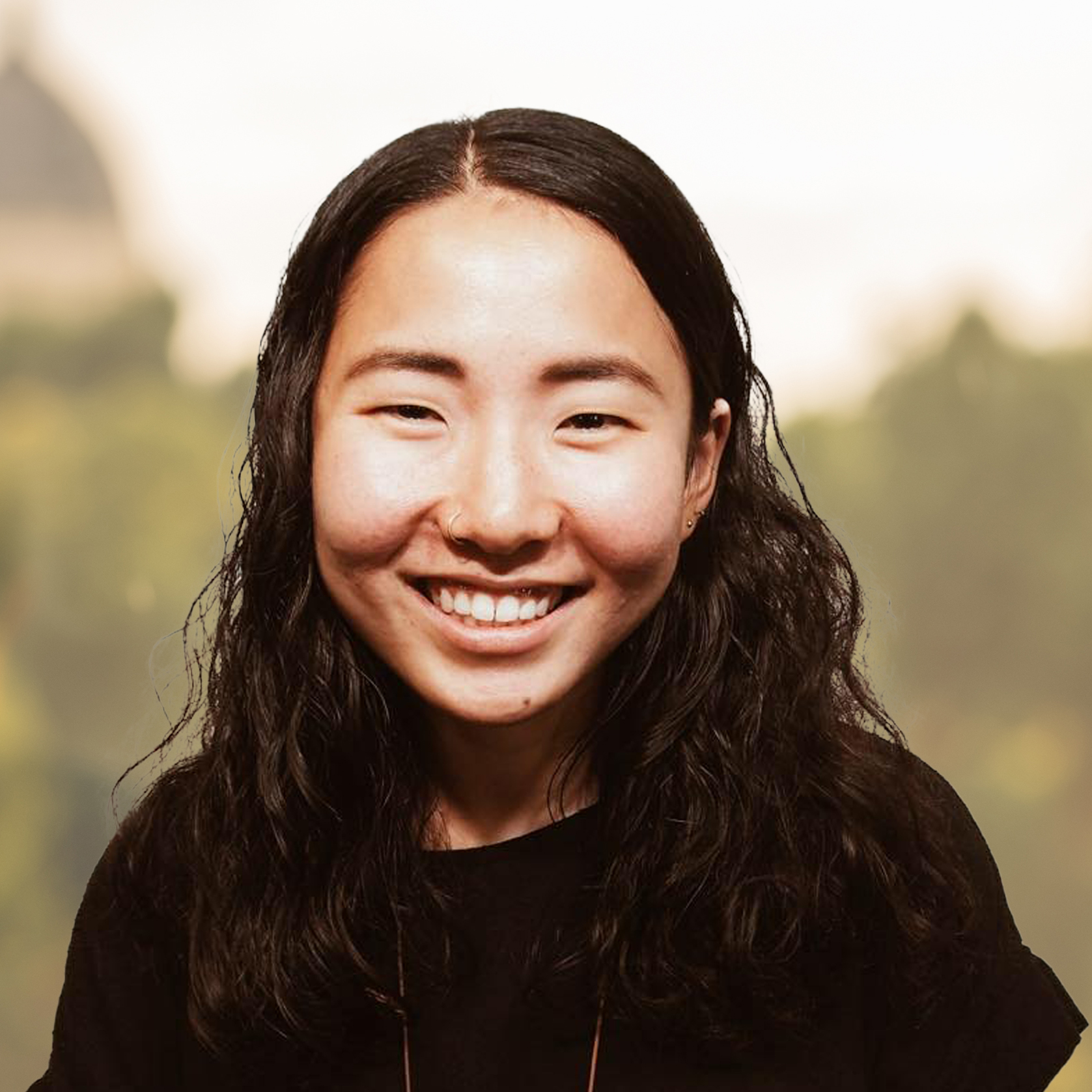
Research Assistant
- Associate Professor Karen Block
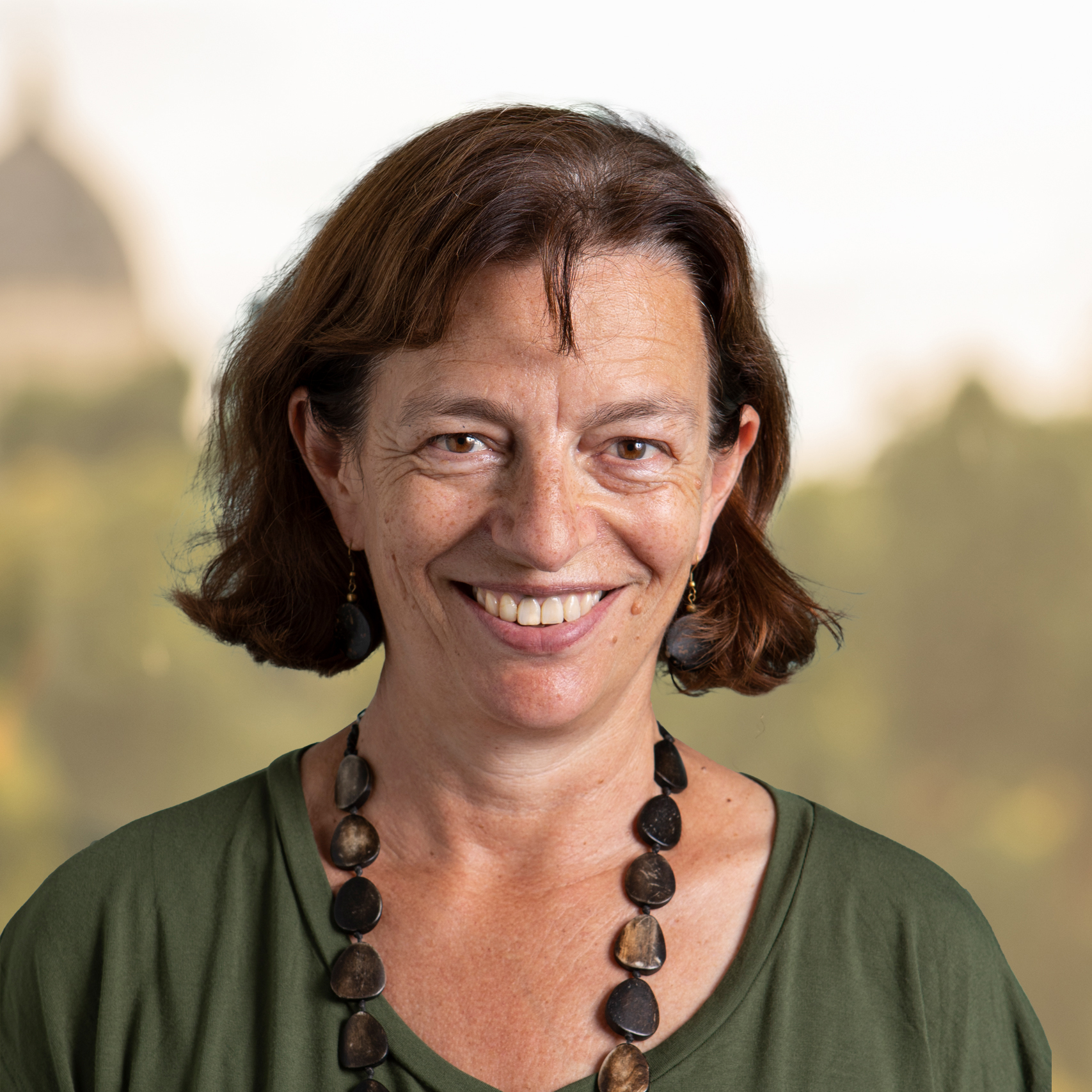
Senior Research Fellow
- Gemma Tarpey-Brown
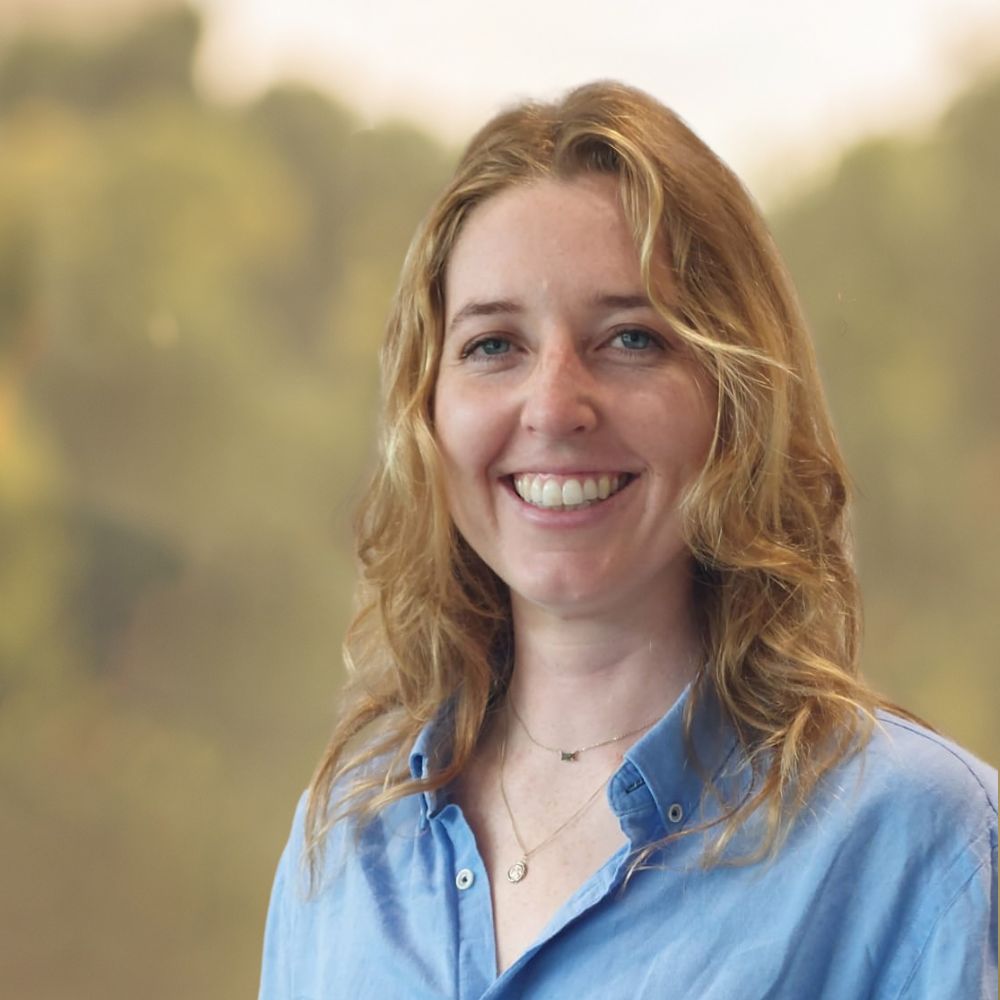
Research Assistant
- Dr Lauren Carpenter
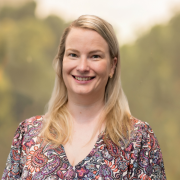
Research Fellow
- Isabel Chung
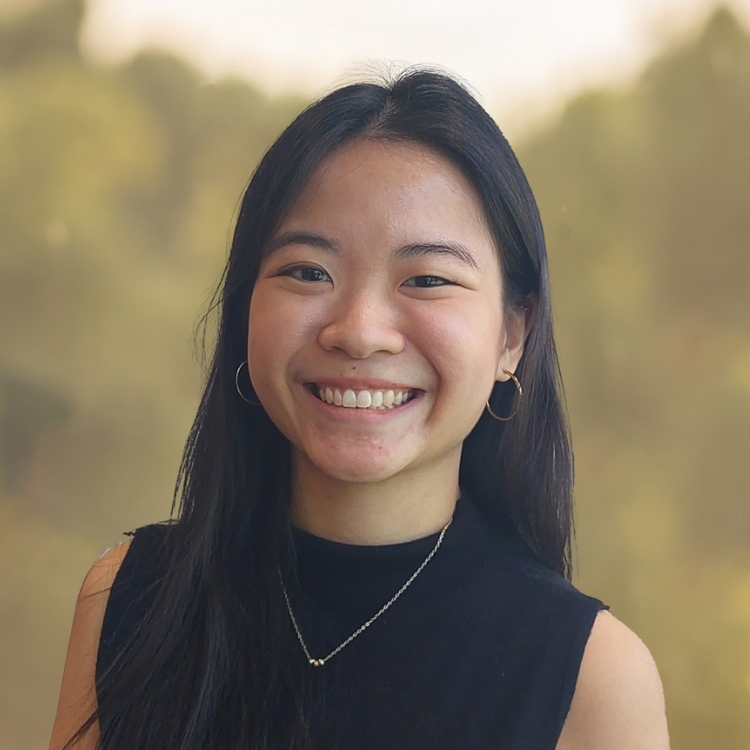
Research Assistant
- Martha Vazquez Corona
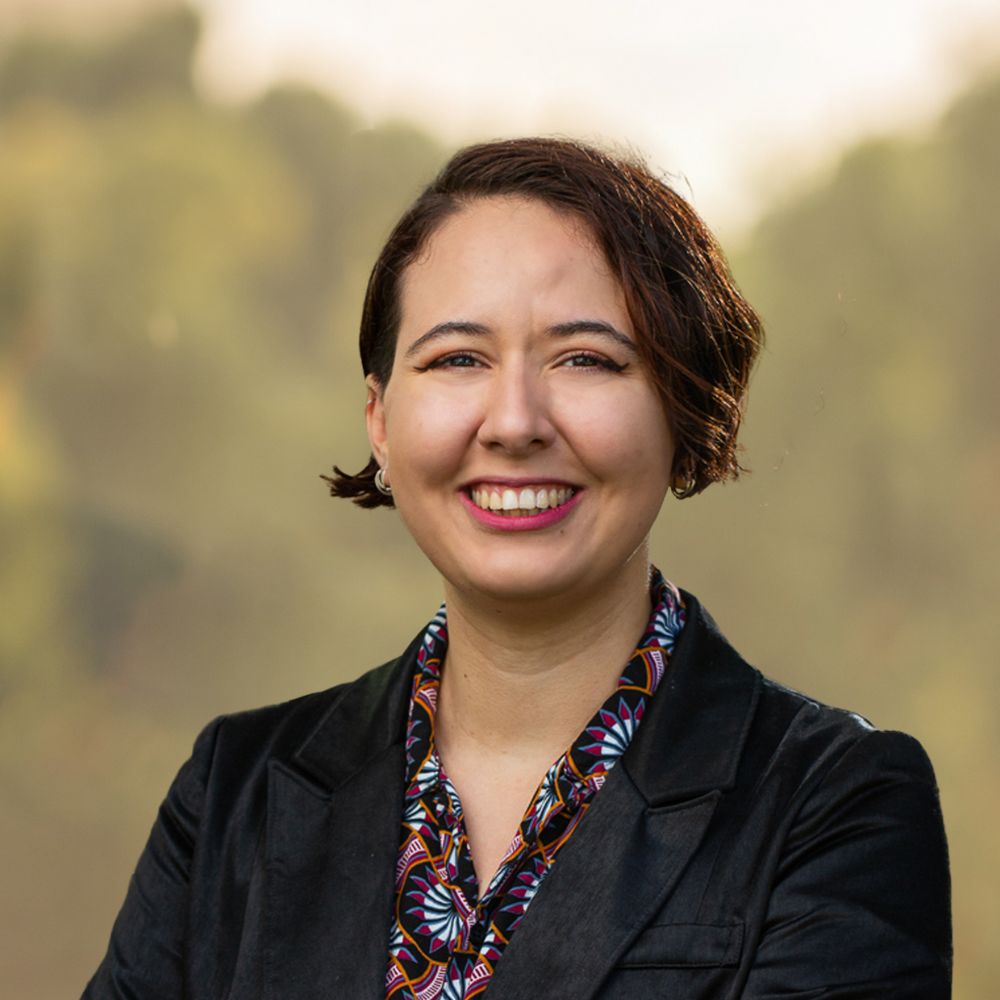
Research Assistant
- Alya Hazfiarini

Research Assistant
- Jess Kirwan

Research Assistant
- Dr Mridula Shankar

Research Fellow
- Mary Stathopoulous

Research Assistant
- Ilundi Tinga

Research Assistant
- Genevieve Walker
Research Assistant
- Dana Young

Research Fellow
- Rana Islamiah Zahroh
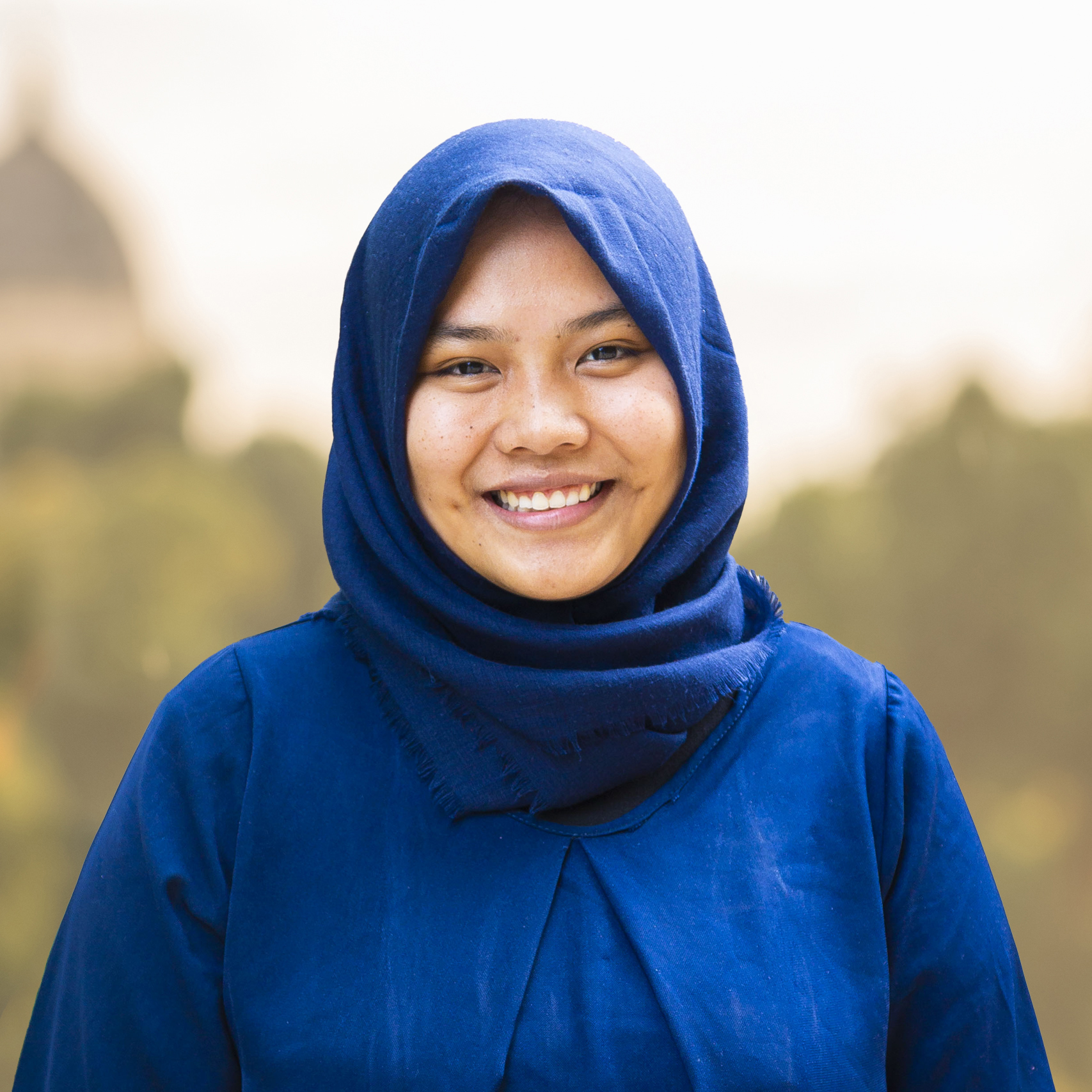
Research Fellow
Research Projects
- Analysing Safety and Place in Immigrant and Refugee Experience
- Multicultural and Settlement Services for Women Experiencing Violence
- Faith communities supporting healthy family relationships
- Listening for Change
- World Health Organization Collaborating Centre on Women's Health
- kNOwVAWdata: Measuring Violence against Women in the Asia Pacific
- Sexual and gender-based violence in the refugee crisis
- W-DARE
- More than the sum of my parts
- Improving quality of maternity care for women globally
- STARS: Standing Together Against Racism in Sport
- Structural Barriers to Accessing Response Services for Gender-Based Violence Survivors
- FAIR - Family violence affecting children from immigrant & refugee backgrounds
- Early detection and treatment of postpartum haemorrhage: The E-MOTIVE project
- AIM-Gender: Accelerating Innovation for Mothers
- Giving Mums a Fair Go: culturally-responsive maternity care for refugee and migrant women in Australia
- Technology-facilitated gender-based violence
- PEARLS
School Research Themes
Disparities, disadvantage and effective health care
Key Contact
For further information about this research, please contact Unit Head A/Prof Meghan Bohren
Department / Centre
Nossal Institute for Global Health
Unit / Centre
Gender and Women's Health Unit
MDHS Research library
Explore by researcher, school, project or topic.